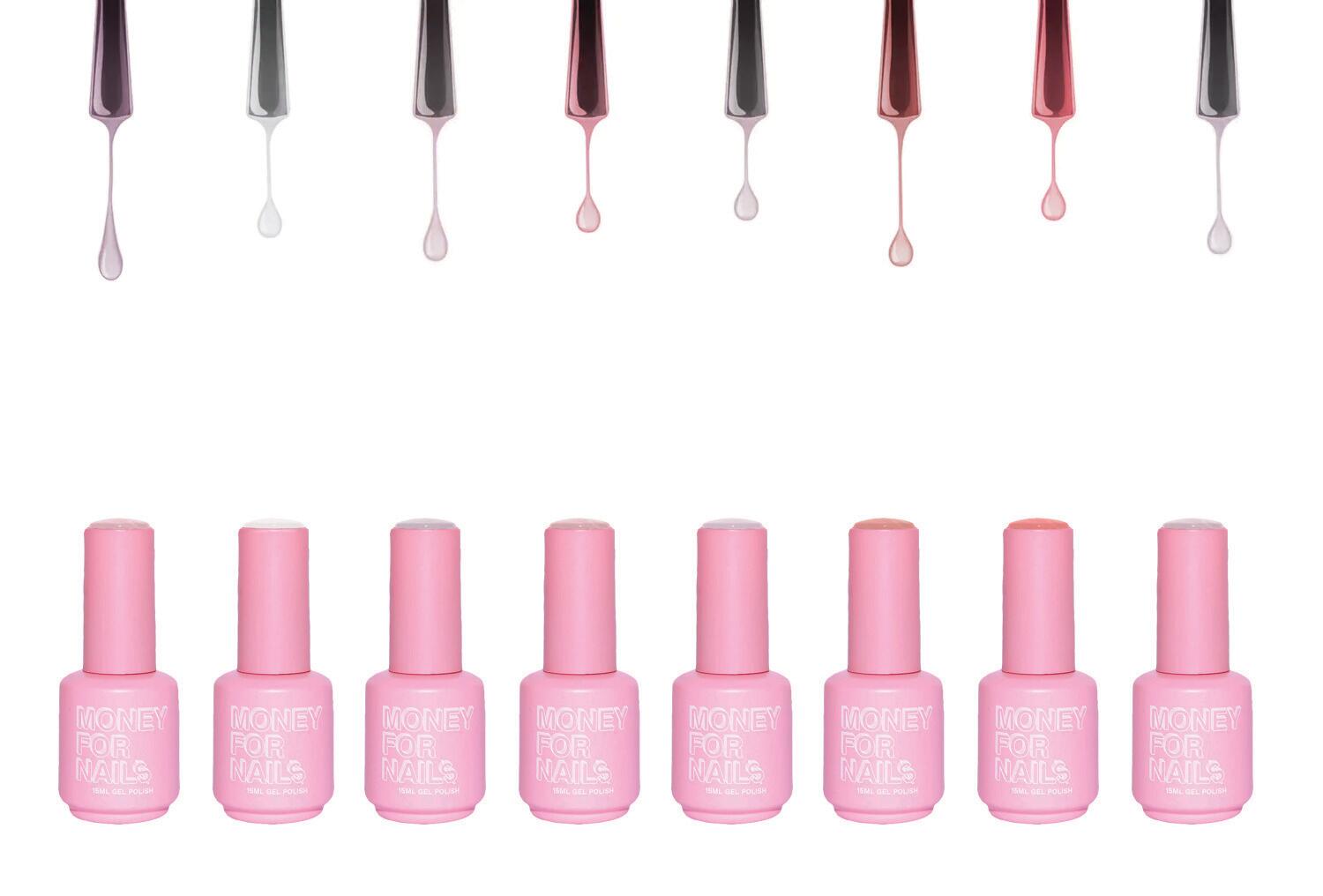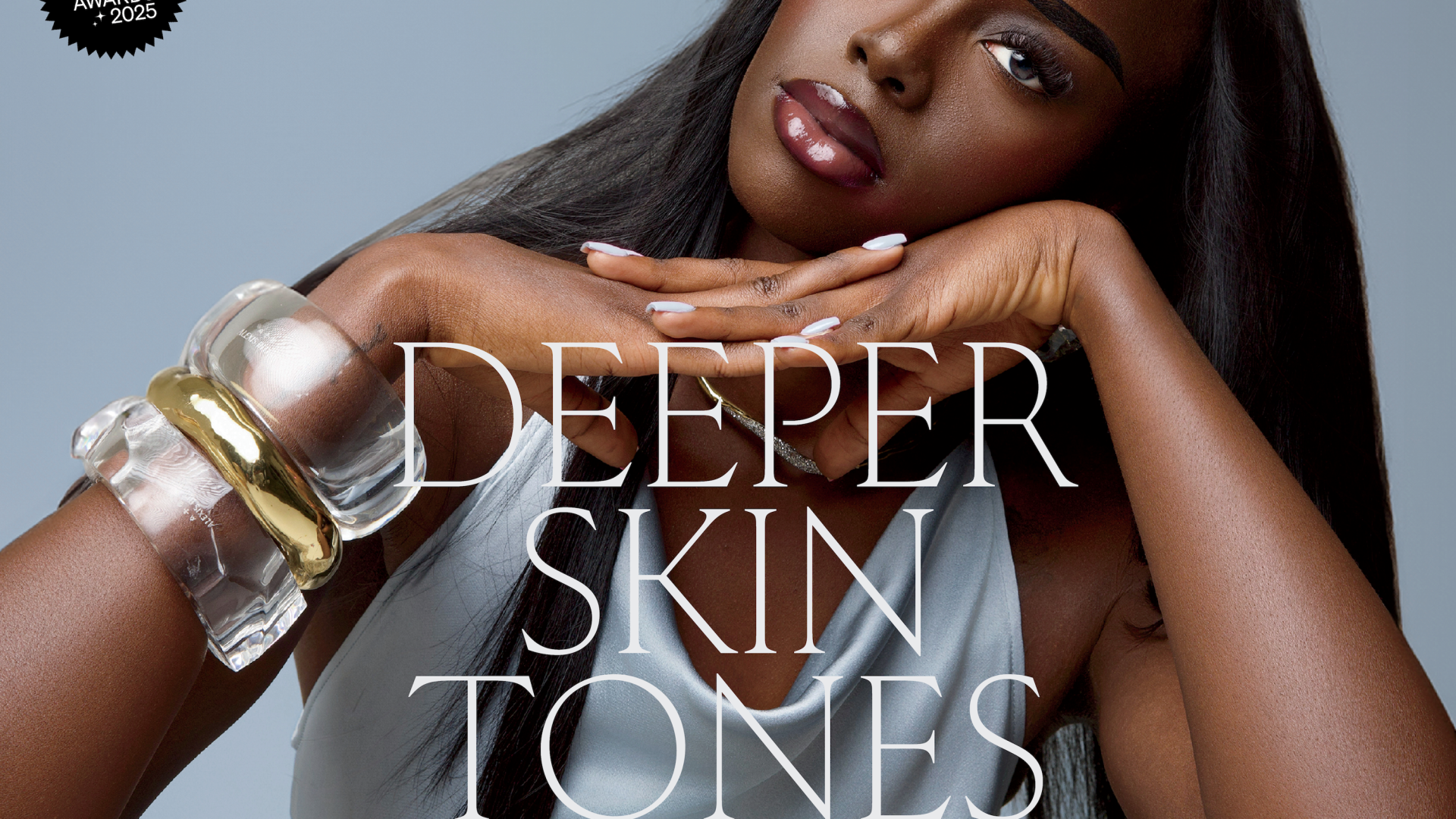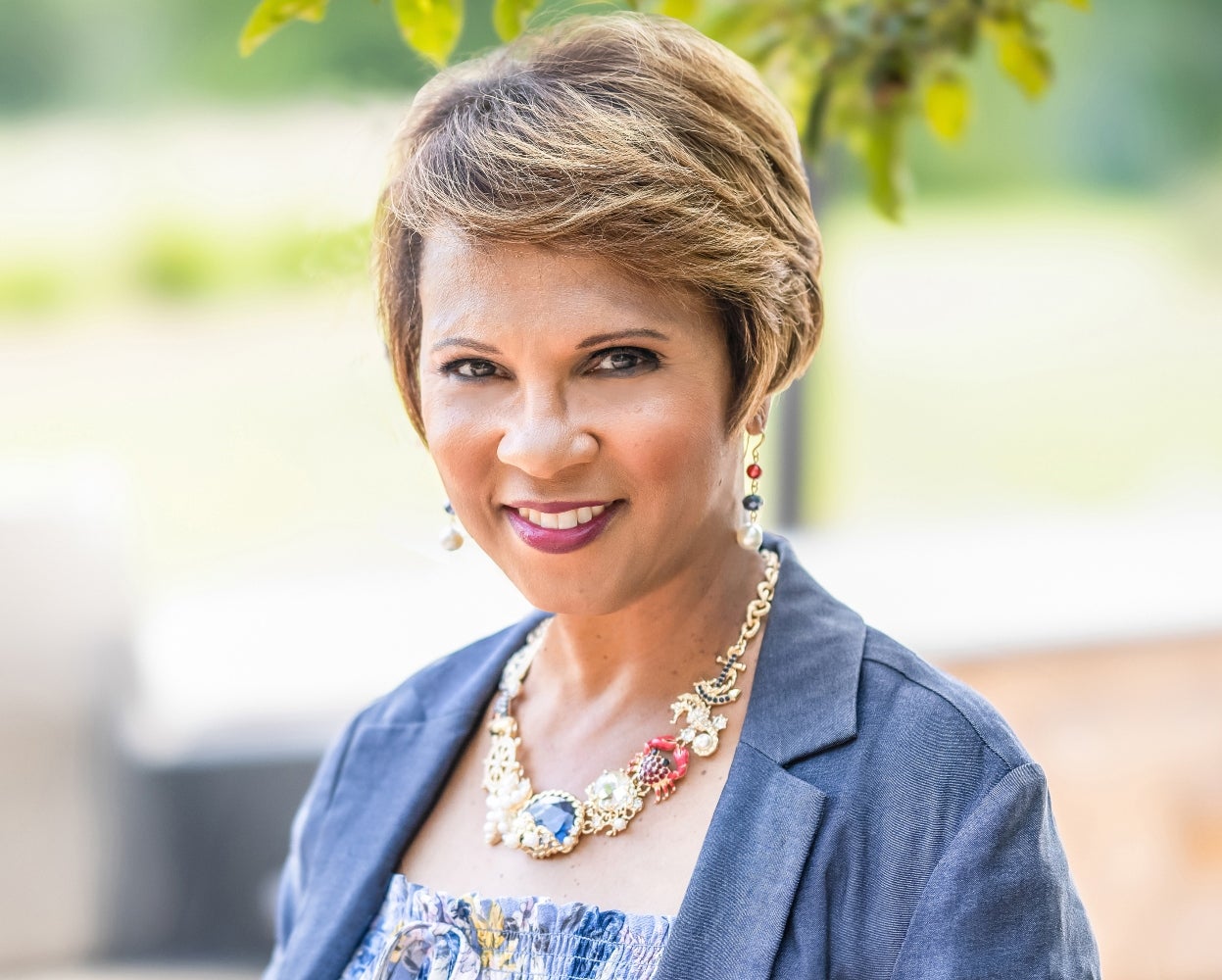
It’s an honor to be able to tell your story and truth as a Black woman, especially on a public platform. One of the women using her voice in the media space is author and journalist Sophia Nelson. You may have read the legal and political commentator’s opinion pieces online or watched one of her analyses on TV. These days, she’s using her respected voice to change the way women think about and practice self-care.
Nelson, 55, is a best-selling author who has written books like The Woman Code, E Pluribus One, and The Black Woman Redefined. Devoted fans and book lovers can dig into her recently published fourth book titled, Be The One You Need: 21 Life Lessons I Learned While Taking Care of Everyone but Me. The book was conceived during the pandemic and invites readers to explore a deeper and more healing version of self-love. She does this through sharing 21 life lessons that cover learning to say no to detaching yourself from your traumatic family history.
ESSENCE took a few minutes to catch up with Nelson and hear about her book, how her experience with Covid inspired it, and the ways in which it has transformed her.
ESSENCE: What has made writing this book different from the first three that you wrote and how has this process been cathartic for you?
Sophia Nelson: Well, every one of my books is a look at something that has to do with either how we take care of ourselves as Black women or how we interact and respect and support each other as women. The Woman Code, in core, was about how this country, this great America of ours, was built by not just white male founders and not just by the patriarchal ruling class of the day, but by the enslaved persons, the indigenous person, the different people throughout history that contributed to make it out of the many creating this great one nation.
This fourth book is a departure in that Covid happened. This book is really about my response to Covid, having had it twice. The first time I was deathly ill. I sustained heart and lung damage that I have long-term issues with and that I’m dealing with still to this day. And so for me, this book was a revelation to myself about me and the lessons I learned taking care of everyone, but me. This book is really a call to taking care of yourself before you give and take care of and push out for everybody else around you. And it’s a book about understanding that you matter and you matter first. There’s no shame in that.
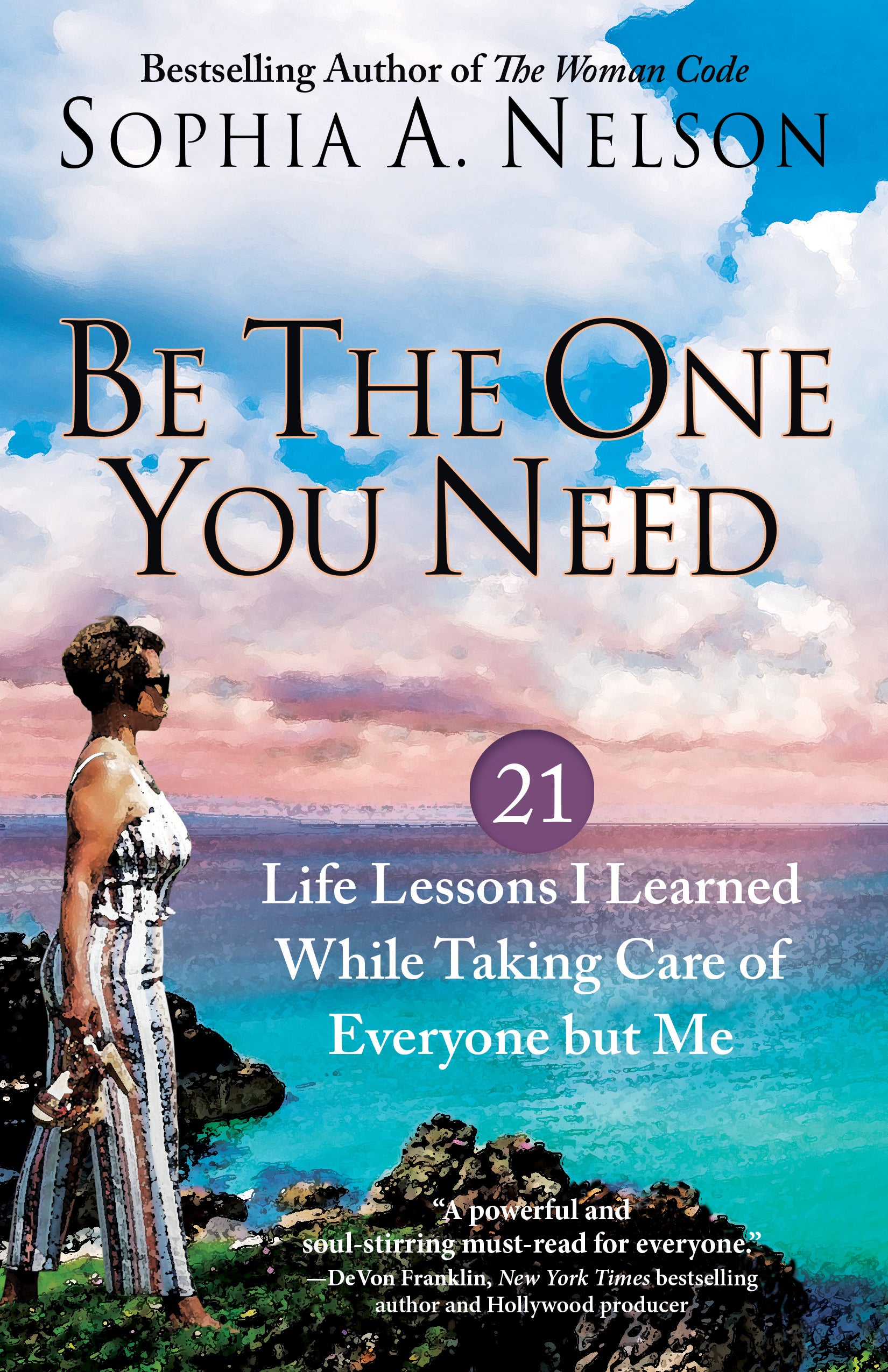
What are some myths about self-care that you debunk in the book?
First and foremost, self-care is not selfish. That is the first big thing that we need to deal with. The second part is that emotional wellness and mental wellness, they’re a little bit different. Your emotional care and your mental care, they’re first cousins, but your emotions are the things that you have to really tend to, whereas your mental health is a whole different ball game. If I’m not taking care of my physical being, if I’m not taking care of my spiritual being and my emotional being, then I’m going to develop mental health challenges.
If you’re not sleeping, if you’re not moving your body, if you are not truly resting, resting as a human being and not a human doing, if you don’t have good relationships, if you don’t have relationships that are relational versus transactional, that’s where the isolation comes in. That’s where the depression comes in and the loneliness comes in. So, you’ve got to know the difference when we’re talking about self-care.
I think people use [self-care] as a throwaway versus something that is as essential as the air that we breathe, the food that we have to eat to sustain ourselves or needing to sleep.
Can you talk to me a bit about how writing the book has transformed the self-care that you give to yourself?
For me, it was self-discovery and being vulnerable and really being who I truly am versus this caricature. I think that we, particularly as accomplished Black women, love the perfect hair, the perfect nails, the perfect clothes. Everything’s perfect on the exterior, but we’re really carrying a lot on the interior and we’re struggling. And we don’t feel like we can talk about that because of the myth that we have to always be strong, [that] we’re not human, that we’re super human and that’s just not true. We’re human beings. And I really learned to rest in that and to walk in that.
If readers take one thing away from this book, what would you like it to be?
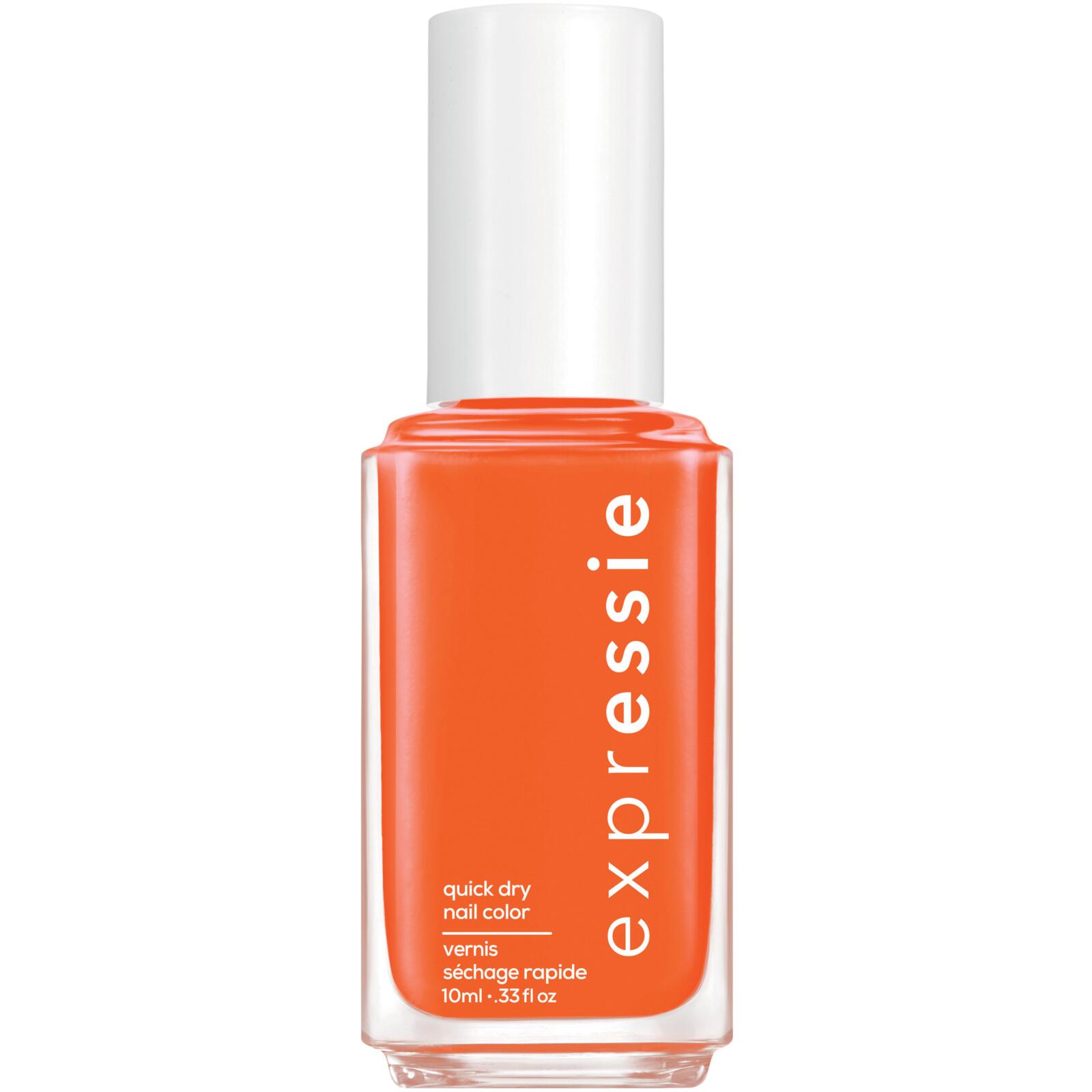
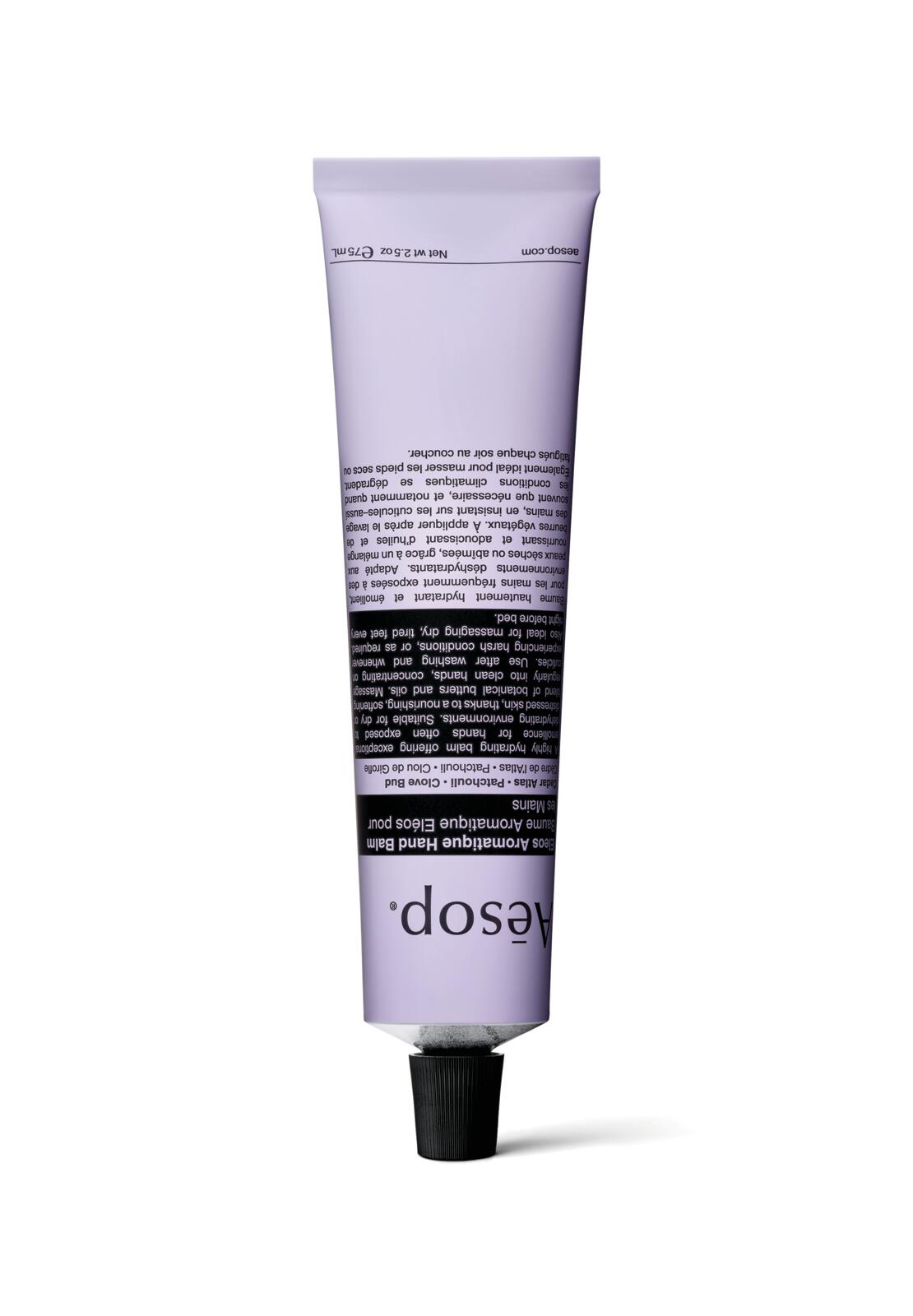
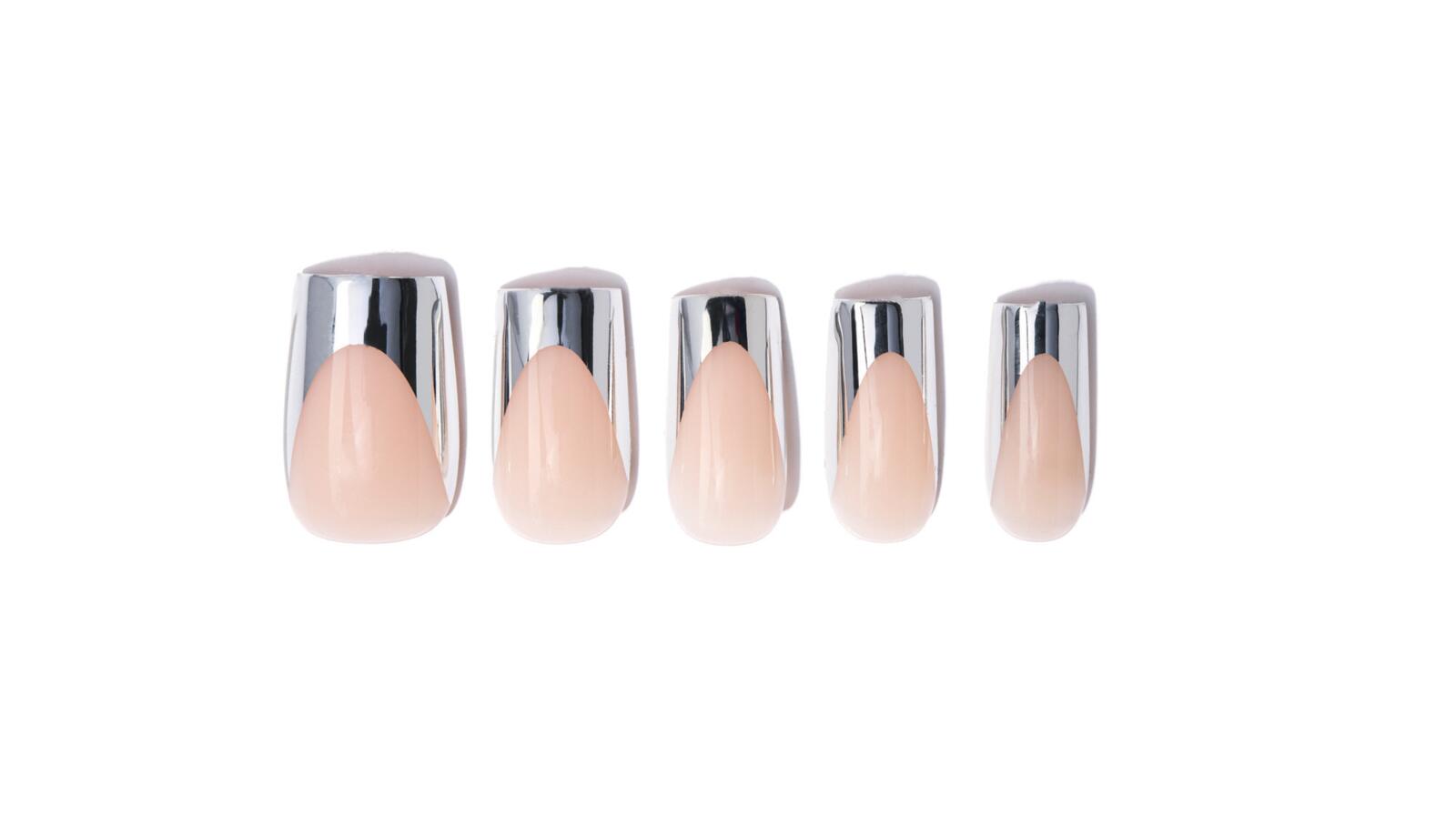
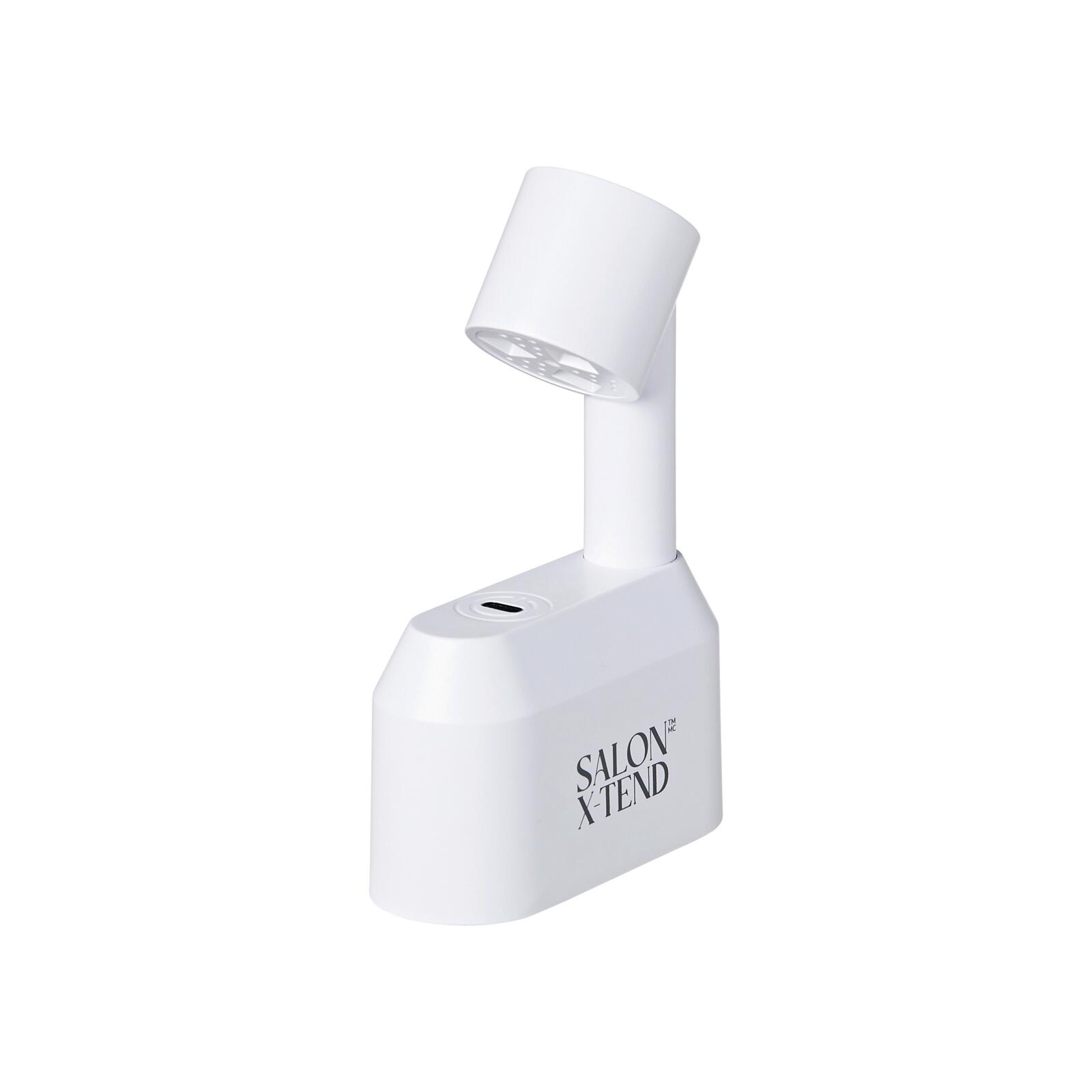
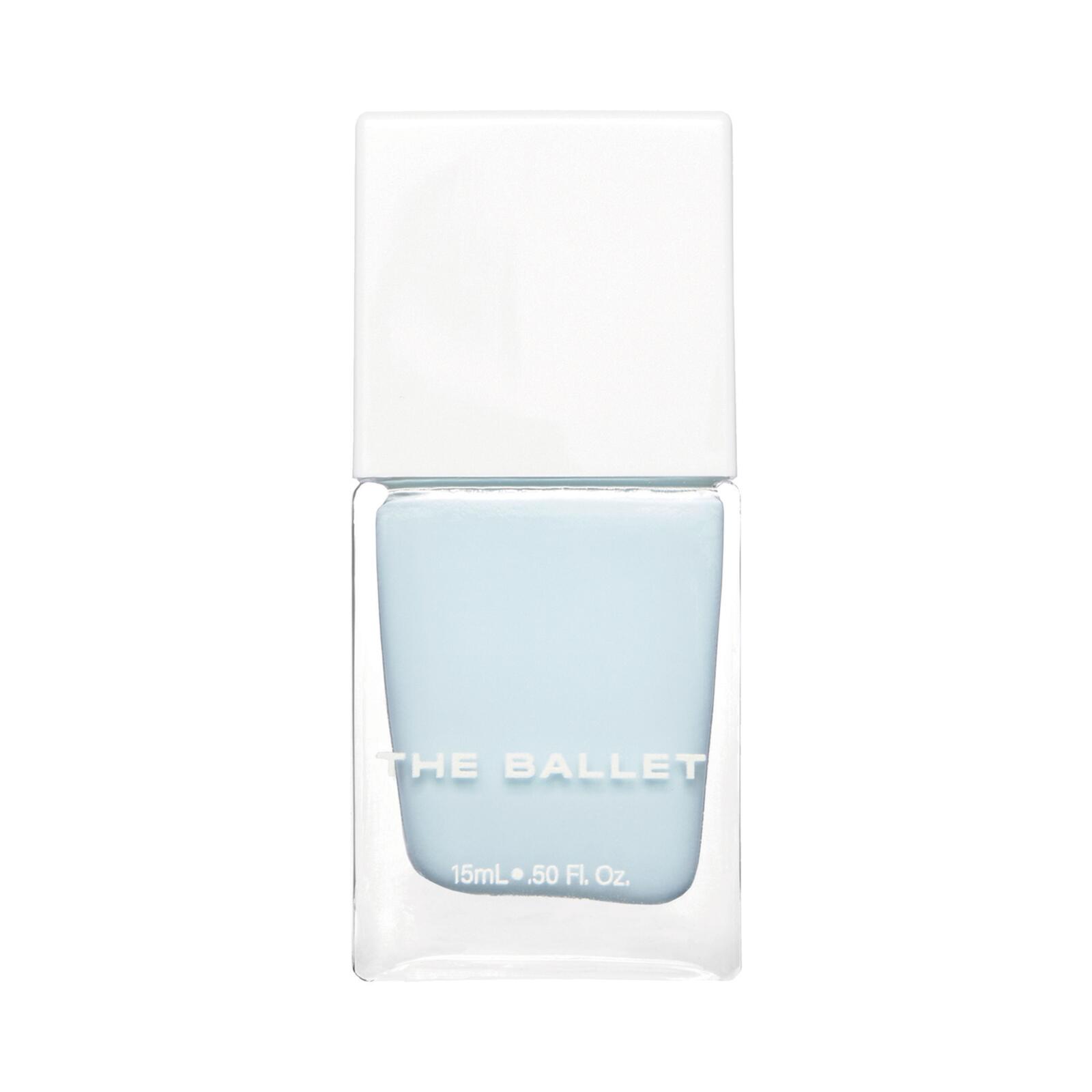
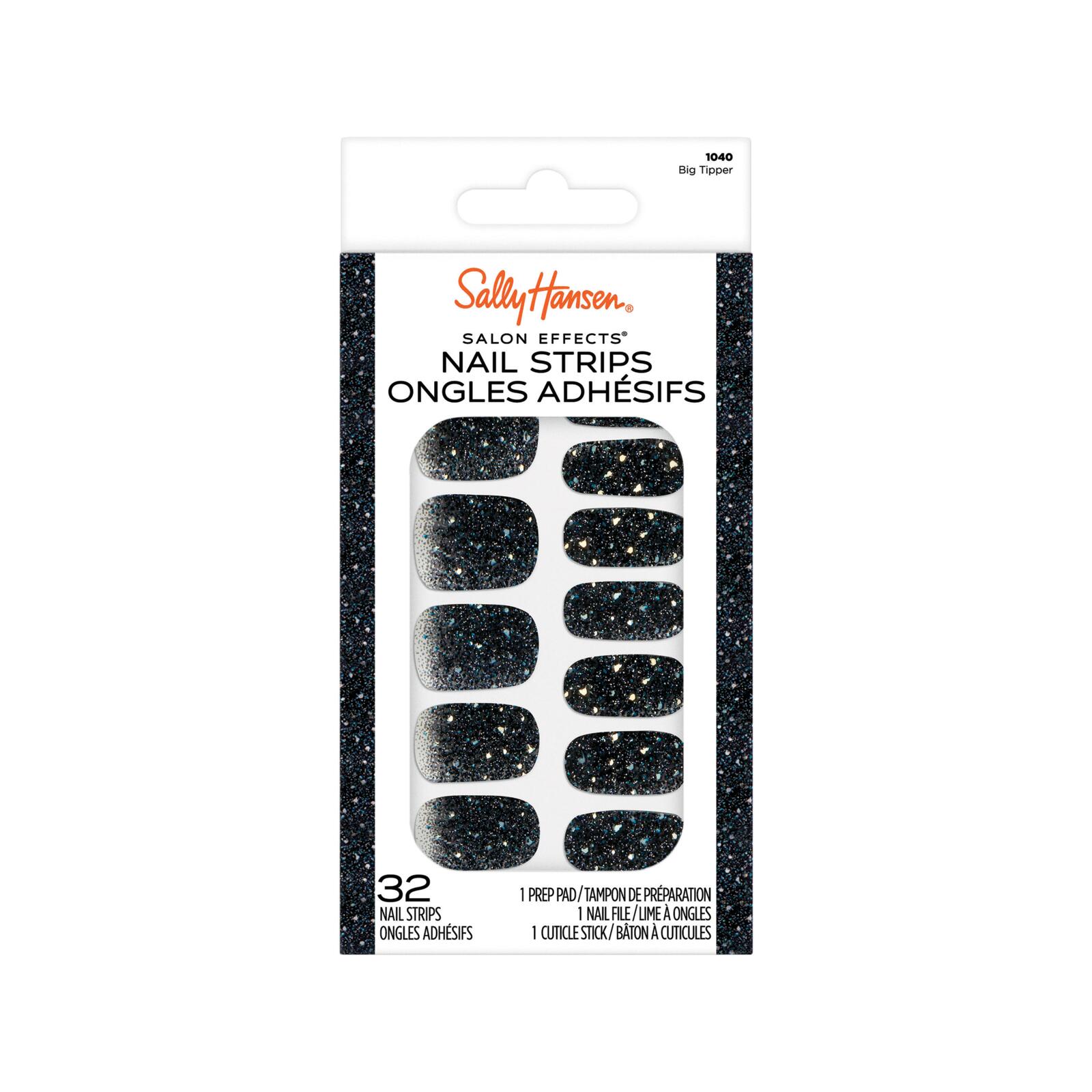
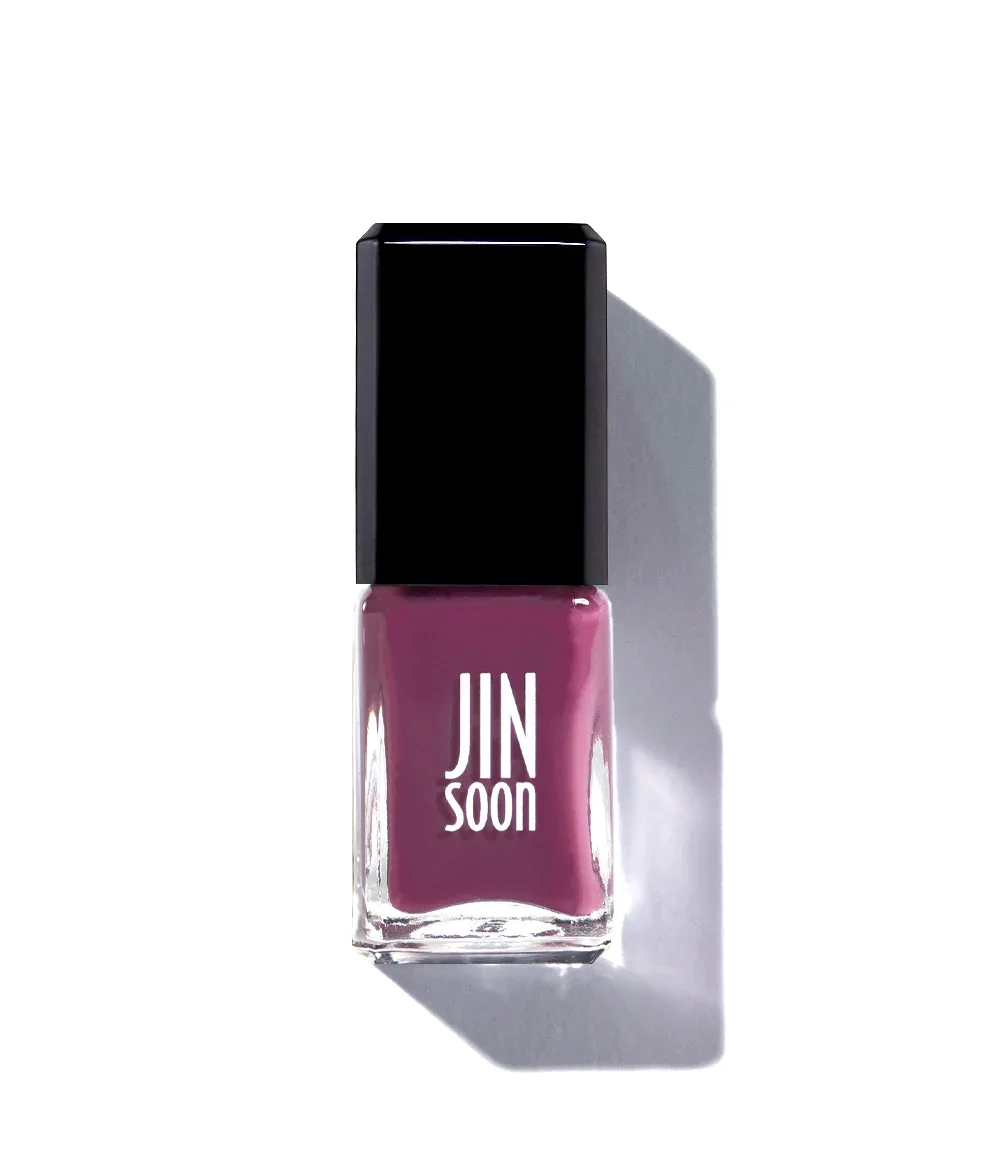
It’s the three questions that form the basis of the book: What do I want? What do I need? And how am I feeling? These are three questions that we all need to ask ourselves, not once, not twice, but monthly and weekly when you’re dealing with self-care.
This isn’t a book that tells you to take a vacation or to go, you know, to the spa once a month. Those things are kind of a respite. Those are rests. This is a book about deep self-care. Doing the work on you first so that you heal from the things you don’t want to talk about.
Be the One You Need 21 Life Lessons I Learned While Taking Care of Everyone but Me is available now through all major book retailers.
